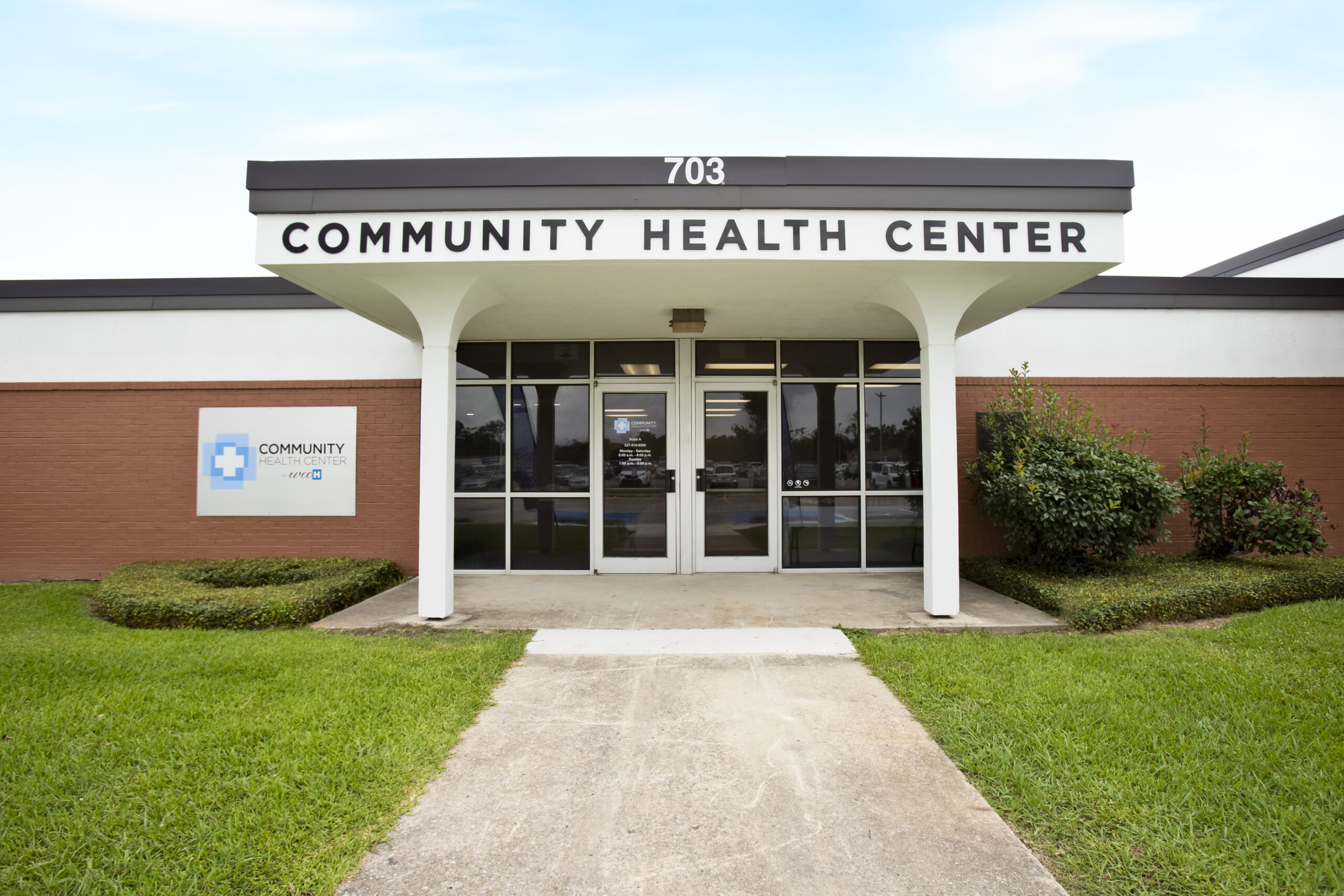Community Health Centers (CHCs) play a vital role in delivering accessible, affordable, and comprehensive healthcare services to underserved populations. These centers, often located in medically underserved areas, provide primary care, preventive services, and other essential healthcare resources. This article explores the core values, achievements, and impact of Community Health Centers in expanding access to healthcare, addressing health disparities, and improving the well-being of communities.
Promoting Health Equity and Access
Community Health Centers are committed to promoting health equity by ensuring that everyone, regardless of their socioeconomic status or insurance coverage, has access to quality healthcare. These centers serve as safety nets, providing affordable and sliding-scale fee services to uninsured and underinsured individuals.
CHCs strive to eliminate barriers to care by offering convenient hours, same-day appointments, and multilingual services. They focus on creating a welcoming environment that embraces cultural diversity and provides culturally competent care, recognizing the unique needs and perspectives of the communities they serve.
Community Health Centers receive federal funding through the Health Center Program, which allows them to offer reduced fees based on patients’ ability to pay. Additionally, CHCs help individuals navigate health insurance options and enroll in public health insurance programs, such as Medicaid and the Children’s Health Insurance Program (CHIP).
Comprehensive Primary Care Services
Community Health Centers provide a wide range of primary care services that encompass preventive care, chronic disease management, vaccinations, screenings, and reproductive health services. Their holistic approach addresses the physical, mental, and social aspects of health, emphasizing early intervention, health promotion, and disease prevention.
CHCs employ a multidisciplinary team of healthcare professionals, including physicians, nurse practitioners, nurses, social workers, and behavioral health specialists. This collaborative model allows for coordinated and integrated care, ensuring that patients receive comprehensive and personalized treatment plans.
In addition to primary care, many CHCs offer dental care, mental health services, substance abuse treatment, pharmacy services, and other specialty services. By providing a comprehensive range of services under one roof, CHCs promote continuity of care, reduce fragmentation, and enhance patient outcomes.
Health Education and Health Promotion
Community Health Centers are dedicated to health education and health promotion. They offer educational programs, workshops, and outreach initiatives that empower individuals and communities to make informed decisions about their health. Topics may include nutrition, exercise, chronic disease management, mental health, substance abuse prevention, and reproductive health.
Through community partnerships, CHCs engage with local organizations, schools, and community leaders to address the social determinants of health. They work together to develop initiatives that promote healthy behaviors, create supportive environments, and advocate for policies that improve community health outcomes.
Community Health Centers also play a crucial role in health literacy, providing individuals with the knowledge and tools they need to navigate the healthcare system effectively. By offering health education materials in multiple languages and culturally tailored resources, CHCs ensure that individuals have access to information that is relevant and understandable.
Integrated Services and Care Coordination
Community Health Centers prioritize care coordination and the integration of services to ensure seamless and comprehensive healthcare delivery. They collaborate with local hospitals, specialty clinics, and social service agencies to facilitate referrals, specialty care access, and wraparound services.
CHCs embrace electronic health records (EHRs) to enhance care coordination and information sharing among healthcare providers. EHRs streamline communication, reduce duplication of tests and procedures, and improve patient safety by maintaining a centralized and up-to-date medical record.
By adopting a team-based care model, CHCs ensure that patients receive coordinated and integrated care. Healthcare professionals collaborate and communicate to ensure that all aspects of a patient’s health are addressed, from preventive care to chronic disease management and behavioral health support.
Community Engagement and Advocacy
Community Health Centers actively engage with the communities they serve. They listen to community needs, concerns, and feedback to inform their services and programs. CHCs often have community advisory boards or patient representative groups that provide input on the organization’s policies, programs, and services.
Advocacy is a core component of CHCs’ work. They actively participate in local and national advocacy efforts to ensure that underserved communities’ healthcare needs are recognized and addressed. CHCs advocate for policies that expand access to healthcare, increase funding for primary care, and reduce health disparities.
Conclusion
Community Health Centers play a crucial role in expanding access to affordable and comprehensive healthcare for underserved populations. By promoting health equity, providing comprehensive primary care services, engaging in health education, and fostering community partnerships, CHCs address health disparities and improve the well-being of communities. Through their commitment to integrated care, care coordination, and advocacy, CHCs ensure that patients receive high-quality, patient-centered care that considers their unique needs. Community Health Centers are not only healthcare providers but also pillars of the community, fostering collaboration, and empowering individuals to take control of their health. Their work represents a significant step toward achieving equitable healthcare for all, enhancing the overall health and resilience of communities.

